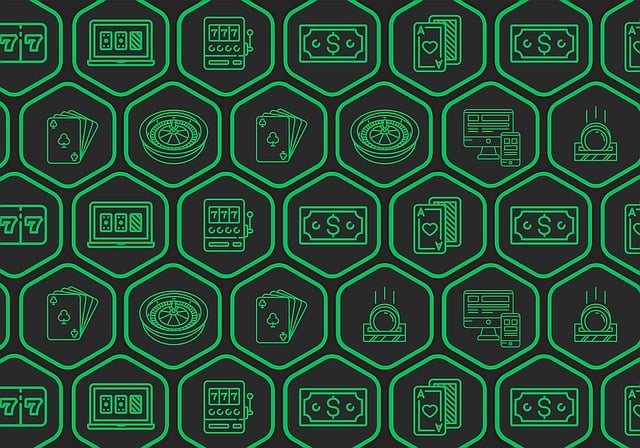Online casinos offer immense convenience but face significant safety challenges, including data breaches, phishing attacks, and rigged games. To protect players, these platforms implement robust security measures like SSL encryption, multi-factor authentication, and fraud detection systems. Regulatory Bodies play a crucial role by enforcing licensing, random number generation tests, and data security audits, fostering trust and fairness in the online casino industry.
Online casinos have revolutionized gambling, but safety concerns linger. This article delves into the critical aspects of online casino security, exploring the various safety measures and encryption technologies that protect players’ information and funds. We also examine the role of regulatory bodies in ensuring ethical practices within this burgeoning industry. Understanding these factors is essential for discerning truly safe online casinos.
- Understanding the Safety Concerns with Online Casinos
- Security Measures and Encryption Technologies Used in Online Gaming
- Regulatory Bodies and Their Role in Ensuring Safe Online Casino Practices
Understanding the Safety Concerns with Online Casinos

Online casinos have brought the thrill of gambling into people’s homes, but with this convenience comes a host of safety concerns. One of the primary issues is security and the potential for fraud. Since players often conduct transactions online, including sharing sensitive financial information, there’s always a risk of data breaches or unauthorized access to personal details. Malicious actors can exploit vulnerabilities in a casino’s system to steal credit card numbers, personal information, or even use sophisticated methods like phishing to gain access to player accounts.
Another significant worry is the fairness and integrity of online casino games. Players want assurance that the games are not rigged against them. In the physical world, casinos are regulated and monitored for fairness, but in the digital realm, it’s more challenging. Random Number Generators (RNGs) should be secure and truly random to ensure fair play. Moreover, players need to trust that the online casino is legally authorized to operate, with proper licensing and regulations in place to protect them.
Security Measures and Encryption Technologies Used in Online Gaming

Online casinos employ robust security measures and encryption technologies to safeguard players’ information and funds. These digital gaming platforms utilize advanced SSL (Secure Sockets Layer) encryption protocols, ensuring that all data transmitted between the user and the casino is encrypted, thus preventing unauthorized access or interception. This is crucial in protecting sensitive details like financial transactions, personal information, and login credentials.
Moreover, online casinos implement secure server software and regular security audits to maintain a safe environment for players. They often feature multi-factor authentication, firewalls, and fraud detection systems to identify and prevent any suspicious activities. These measures collectively contribute to the overall security of online casinos, giving players peace of mind and confidence when engaging in real money gaming.
Regulatory Bodies and Their Role in Ensuring Safe Online Casino Practices

Online casinos operate within a regulatory framework designed to protect players and ensure fair play. These regulations are enforced by specialized bodies, known as Regulatory Bodies, that oversee the industry in their respective jurisdictions. Their primary role is to monitor and regulate online gambling activities, ensuring that operators adhere to strict standards of safety and integrity.
These bodies implement various measures to safeguard players, including licensing requirements, random number generation tests for games, and fair play guidelines. They conduct regular audits and assessments to verify the security protocols and data protection practices of online casinos. By holding operators accountable, these regulatory bodies contribute significantly to creating a safe environment for players to enjoy online casino games while minimizing potential risks and fraud.
Online casinos have evolved significantly, adopting robust security measures and encryption technologies to safeguard players’ data. Regulatory bodies play a crucial role in enforcing safe gaming practices, ensuring that these platforms remain secure and trustworthy. While concerns persist, understanding the safety protocols in place empowers players to enjoy online casino games with reduced risk. Ultimately, choosing licensed, reputable platforms and staying informed about security practices is key to a safe and enjoyable online gambling experience.






